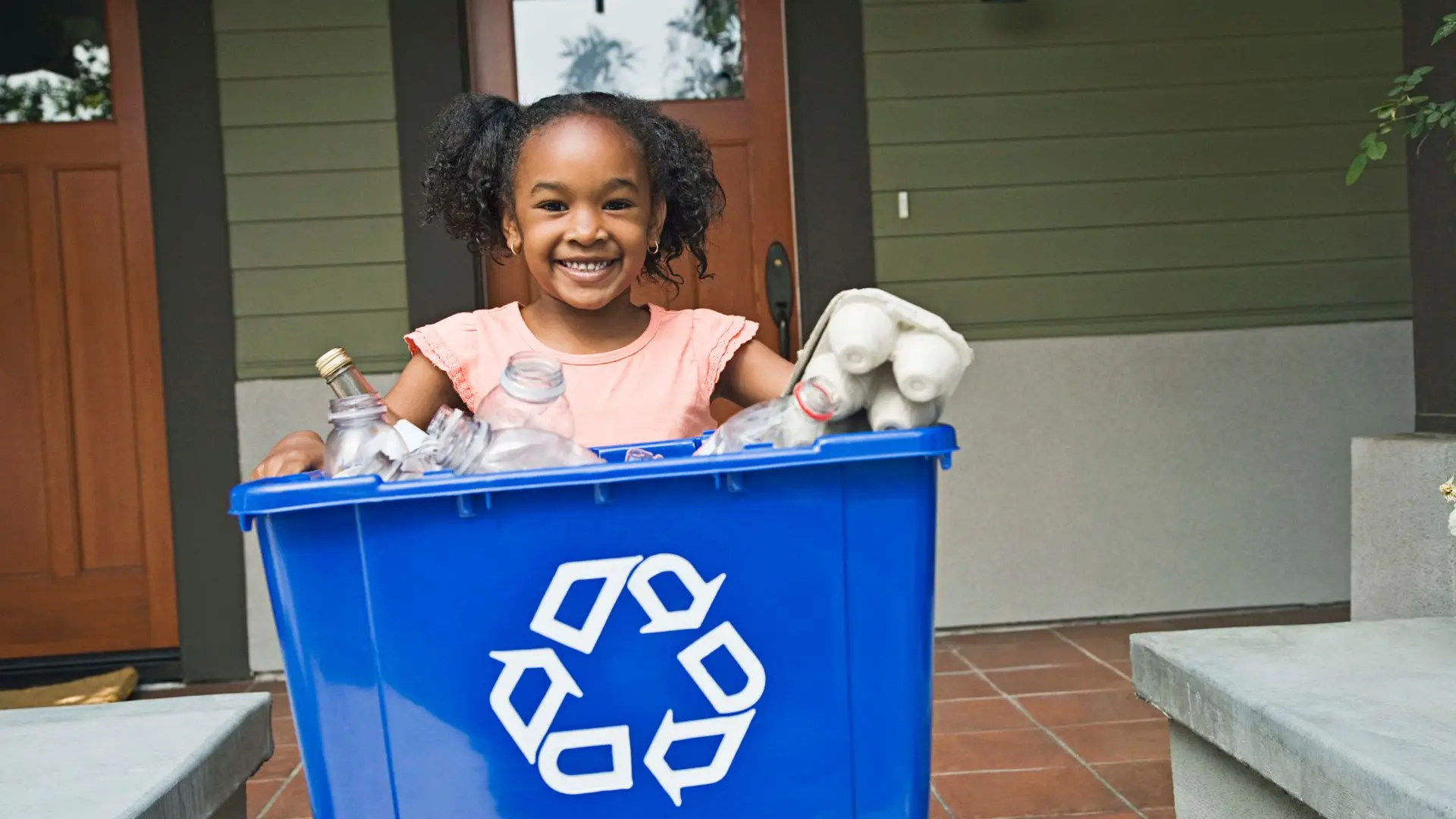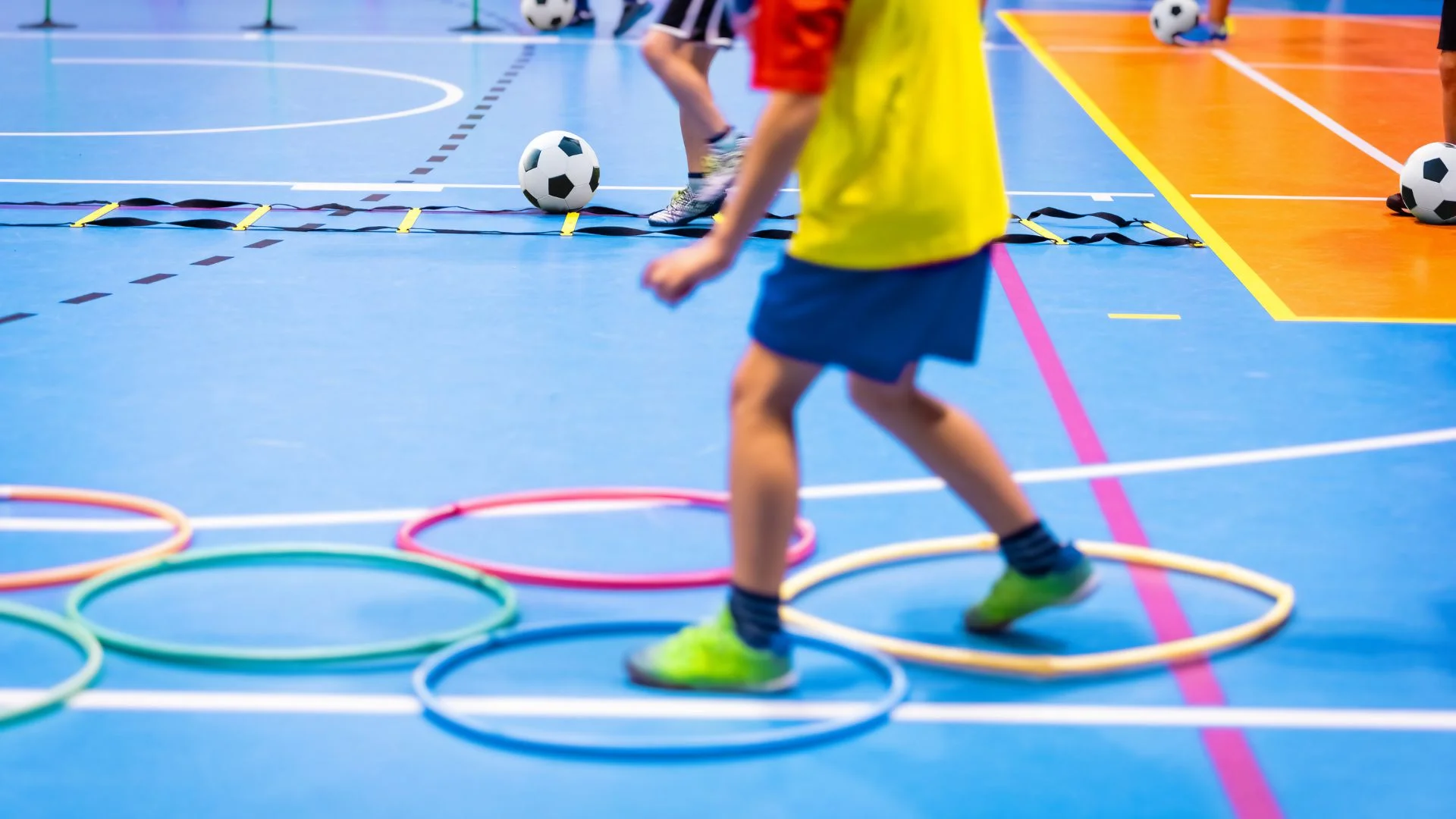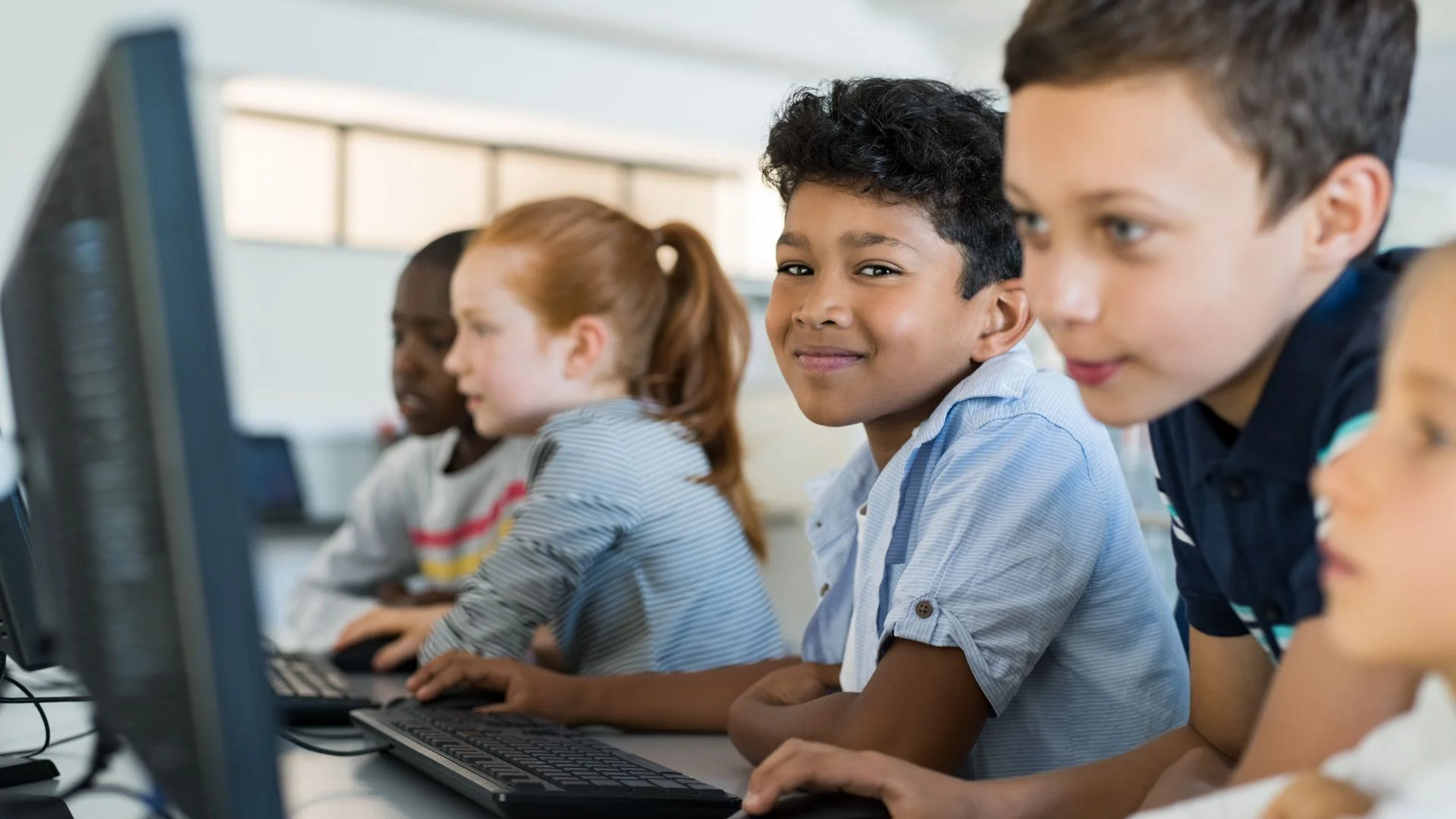Recycle Week: How Can Schools Teach Pupils to Recycle and Build a Sustainable Future?
02 Sept, 20251-2 minutes
In this blog, you will learn:
- About Recycle Week and the importance of recycling in schools.
- Ways for schools to encourage pupils to care and recycle.
- What schools can recycle in order to be more sustainable.
- Discover more about our education recruitment services.
Want to encourage your pupils to care for the planet and recycle? Well, there’s no time like the present! Recycle Week, taking place from September 22nd to September 28th, is an opportunity to focus on sustainability and commit to more eco-friendly practices.
According to Business Waste, school food waste costs the education sector £250 million every year and is responsible for about 13% of non-household food waste. Tackling this problem starts with schools teaching students the importance of recycling and how their everyday actions can reduce waste. Recycle Week provides an effective opportunity for these important lessons and the chance for Teachers to lead by example.
In our latest blog, discover everything you need to know about recycling and sustainability, including what to recycle and how to inspire eco-conscious pupils.
What is Recycle Week?
Recycle Week is an annual event focused on recycling, reusing and sustainability. Recycle Week started in the UK in 2004, initiated by the environmental organisation Waste and Resources Action Programme (WRAP). Recycle Week aims to inspire individuals and businesses to recycle and reuse items, helping to reduce unnecessary waste.
In 2025, Recycle Week will be held from September 22nd to 28th. This week will feature various activities and initiatives aimed at promoting recycling and making a positive impact.
Why is it important to teach sustainability and recycling in schools?
To ensure future generations maintain responsibility and care for the environment, it is vital to spark interest in recycling among children and young people.
Schools and educational institutions are legally required to ensure the proper disposal of their waste, which includes using licensed waste carriers. This ensures that all waste is stored, removed and disposed of safely, legally and responsibly, protecting the environment from harm.
Business Waste found that primary and secondary schools combined produce 80,382 tonnes of waste a year. The report also found that the average student wastes 23% of the food served for lunch and vegetables account for around half of all food waste. Educating students about the environment, effective recycling methods and the significance of sustainability fosters a lasting sense of responsibility.
Schools play a crucial role in teaching students about the environment and wildlife conservation. They can also encourage eco-friendly habits and behaviours that students will carry into adulthood. Schools can also educate students about the consequences of not recycling and the potential negative impact on future generations.
How can schools encourage pupils to recycle?
Methods for encouraging pupils to recycle include:
- Build a foundation for environmental responsibility.
- Go digital.
- Lead litter action projects.
- Identify what is being thrown away.
Build a foundation for environmental responsibility
Schools play a crucial role in shaping students' attitudes toward setting achievable goals, building healthy relationships and academic success. However, they should also set a foundation for environmental responsibility amongst their students.
It is important that schools teach children about the impact their actions and daily habits have on the planet. Environmental education empowers students to discover how to lower their carbon footprint, recycle effectively at home and safeguard natural areas in their community.
Environmental lessons can involve watching documentary films such as ‘David Attenborough: A Life on Our Planet’, followed by class discussions. Students can also engage in a hands-on school garden project to explore ecosystems and sustainability.
These lessons can foster positive attitudes toward recycling and sustainable living, inspiring lifelong habits that help protect the environment.
Go digital
Schools produce a significant amount of paper waste through educational activities, traditional teaching methods and administrative tasks.
While it may be challenging, transitioning to digital solutions and reducing paper usage can significantly lower a school's carbon footprint, fostering a more sustainable future.
When Teachers use paper in lessons, they could incorporate a purposeful activity which gives students the chance to recycle. For example, use old scrap paper for collages or making notes when working out Maths questions.
Embracing online learning and digital formats promotes sustainability and guarantees that students of all abilities and backgrounds have equal access to educational opportunities.
GovUK has recently unveiled two important initiatives to enhance digital connectivity in schools. This includes a £45 million investment designed to bridge the digital divide.
However, that isn’t to say that digital devices don’t contribute to the carbon footprint, so it is important to be mindful of the energy consumption associated with digital technologies.
Lead action projects
An effective way to engage students in recycling and sustainability is through hands-on activities and projects which benefit the environment. While recycling and learning in the classroom are important, participating in events, projects and charity initiatives can be even more rewarding and impactful.
Students can plant trees, build gardens and participate in school litter picks. Participants could enjoy a game of ‘litter bingo’, where they mark off litter items they discover on a bingo card.
Engaging activities like these encourage children to participate in projects which benefit their school, local community and the planet. Making some of the activities fun or competitive can help inspire eco-conscious pupils. Schools can get involved with charities or host their own big clean pledges to pick up litter as a team.
Recording the amount of litter collected is a great way to quantify the positive impact your students are having. Consequently, students are likely to embrace sustainable practices throughout their lives and inspire others to follow suit.
Leading action projects in schools focused on recycling and environmental responsibility can cultivate a culture of sustainability and reduce their environmental footprint. Even building a sustainable playground from recycled or natural materials shows how important actions can grow into lasting change.
Identify what is being thrown away
Recognising the common types of waste and recyclable materials generated in schools is essential for developing effective recycling programs. Conducting a waste audit in the staff room, dining hall and school office allows schools to identify key areas for waste reduction and develop effective improvement plans.
Schools can go above and beyond recycling, by upcycling. Upcycling offers an effective way to reduce waste by transforming discarded materials and unwanted items into new products of greater value and quality.
By reusing and creatively transforming materials, schools can reduce waste while encouraging pupils to think creatively about sustainability. Teachers can incorporate upcycling into their arts and crafts lessons. For example, they can create musical instruments from paper or organise a recycled fashion show featuring upcycled clothing.
What can my school recycle?
Schools should understand what materials can be recycled and offer free bins for all types of waste, not just food scraps and paper.
Materials which can be recycled in schools, include:
- Paper.
- Plastic.
- Glass.
- Ink cartridges.
- Batteries.
- Mobile phones.
- Electronic equipment.
- Clothes.
- Food waste.
- Chemical and school science waste.
SCG School Insights Report 2025
As specialists in education and SEND recruitment, we work closely with primary, secondary, and SEND schools throughout the UK and are mindful of the challenges that schools and teaching staff are currently facing.
In the School Insights Report 2025, we explore pupil experience and outcomes, key developments impacting the education sector, staffing and workforce trends, and the state of funding and resources in education. Read the SCG School Insights Report 2025 here.
Recruit teaching, support and facilities staff
As a specialist education recruitment agency, we support mainstream and SEND schools with their recruitment needs.
Whether you’re searching for teaching, support, or facilities staff, we have exclusive access to some of the best educators in the North West.
If you’re struggling to fill a vacancy, why not get in touch with one of our team to see how we can help?
Primary schools - Jimmy Callagher
Secondary schools - Liam Jones
SEND schools - Jamie Heath
Teaching, school support staff and school facilities jobs
If you’re searching for a new career opportunity, why not take a look at the latest education jobs, or simply upload your CV to be notified when a relevant job opening becomes available.
Meet Jamie Heath
Who is Spencer Clarke Group?
Established in 2017, we’re an award winning and progressive recruitment agency based in the heart of the North West. Our reputation is built on trust, expertise and an unwavering commitment to exceed expectations.
In 2024, we were named Recruitment Agency of the Year at the prestigious Recruiter Awards, an accolade we are extremely proud of.





